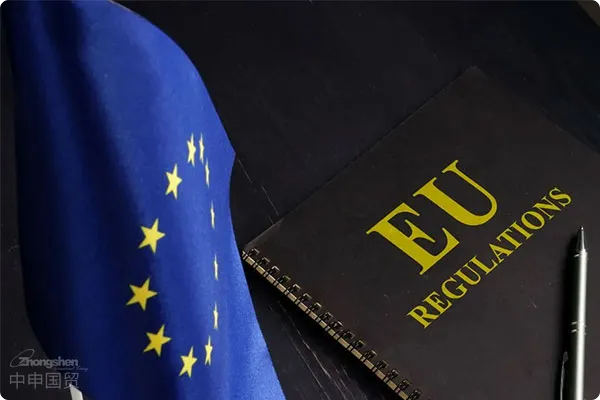- Shanghai Zhongshen International Trade Co., Ltd. - Two decades of trade agency expertise.
- Service Hotline: 139 1787 2118
II. Implementation and Impacts of Lead Use Regulations

The EUs REACH regulation (Registration, Evaluation, Authorization, and Restriction of Chemicals) imposes restrictions on the use of lead and its compounds, aiming to reduce the potential risks of lead to the environment and human health. In April 2023, the European Chemicals Agency (ECHA) recommended adding lead to the list of substances subject to authorization (Annex XIV), although the European Commission did not include it in the final authorization list.
1、REACH法規下的鉛限制
Batteries and Waste Batteries:
According to EU regulation 2023/1542 of July 28, 2023, the use of lead in batteries is restricted.
Workers are trained in safe handling and preventive measures and are protected by occupational exposure and biological limits.
Restrictions on Lead Use in Products
Impact on Manufacturers and Importers
The REACH regulation requires manufacturers and importers of articles to notify ECHA of products containing Substances of Very High Concern (SVHC) within six months after the substance is included in the Candidate List. This has prompted companies to take measures to reduce or replace the use of lead, and at the same time, increased the demand for supply chain transparency.
Research and Development of Lead Substitutes
Although the European Commission promotes the substitution of lead where possible, in areas such as cultural heritage protection, offshore wind energy, and high - voltage submarine cables, technically and economically viable alternatives still seem limited. This indicates a continued need for research and development of lead - replacement technologies.
Impact on Cultural Heritage and Energy Infrastructure
EU regulations on lead use restrictions take into account the need to protect cultural heritage and key energy infrastructure. This shows that when formulating environmental protection measures, it is necessary to balance the needs of protecting the environment and preserving human cultural heritage.
With technological advancements and the development of substitutes, there may be more opportunities to reduce dependence on lead in the future. For manufacturers, importers, and all stakeholders, actively seeking viable alternatives to lead will be the key to ensuring compliance and promoting sustainable development.
Related Recommendations
? 2025. All Rights Reserved. 滬ICP備2023007705號-2  PSB Record: Shanghai No.31011502009912
PSB Record: Shanghai No.31011502009912









